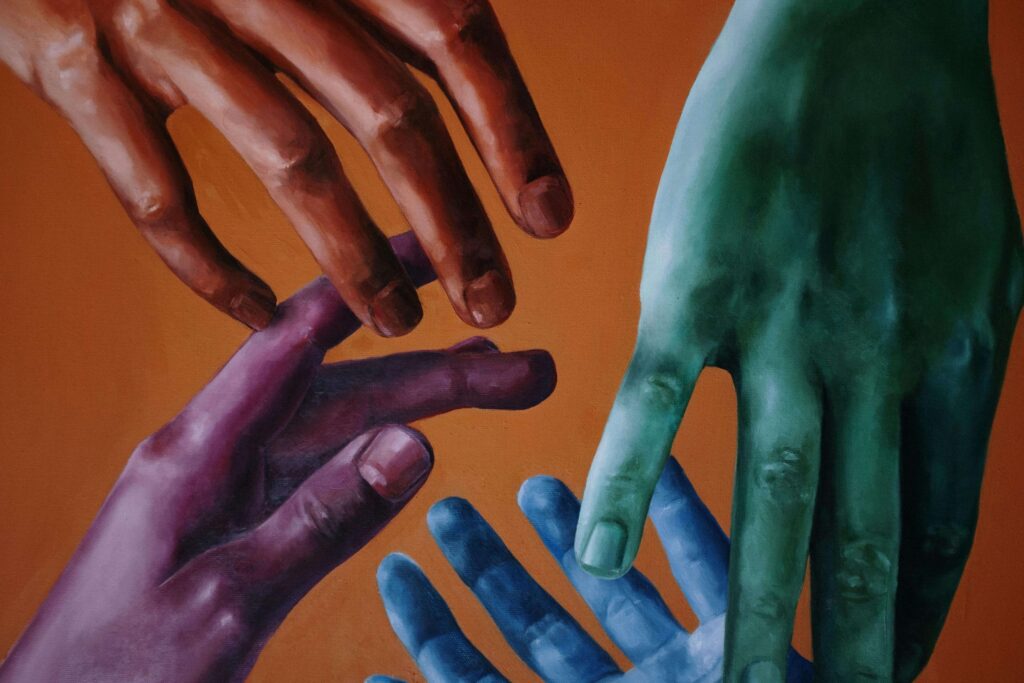“Genderqueer” – You might have seen this term used in discussions about gender identity, and it’s an important concept within the LGBTQIA+ community. Let’s break it down and understand what it means and why it matters.
What is Genderqueer?
Genderqueer is a gender identity that falls outside of the traditional binary understanding of male and female. People who identify as genderqueer may feel that their gender is a combination of both, neither, or something entirely different. The term “genderqueer” is often used interchangeably with “non-binary,” though some people may prefer one term over the other based on their personal experience.
Key Points About Genderqueer Identity
- Beyond the Binary:
- Genderqueer individuals do not strictly identify as male or female. Their gender identity exists outside the traditional gender binary.
- This can include identities such as genderfluid, bigender, agender, and more.
- Gender Fluidity:
- Some genderqueer people experience their gender as fluid, meaning it can change over time or depending on the situation.
- Others may have a stable genderqueer identity that does not shift.
- Pronouns and Names:
- Genderqueer individuals may use a variety of pronouns, including they/them, he/him, she/her, or other gender-neutral pronouns like ze/zir.
- Using someone’s preferred pronouns and names is crucial for respecting and validating their identity.
- Expression and Presentation:
- Genderqueer individuals express their gender in diverse ways. This can include their choice of clothing, hairstyle, makeup, and other forms of self-expression.
- It’s important not to make assumptions about someone’s gender identity based on their appearance.
- Challenges and Support:
- Genderqueer individuals may face challenges such as misunderstanding, lack of recognition, and discrimination.
- Support from family, friends, and the community is essential for genderqueer individuals to feel accepted and validated.
Why Understanding Genderqueer Matters
Understanding genderqueer identities is important for several reasons:
- Inclusivity: Recognizing genderqueer identities helps ensure that the diverse experiences of all individuals are acknowledged and respected.
- Visibility: Increased awareness and visibility of genderqueer identities can help combat stigma and misconceptions.
- Support: Creating supportive environments for genderqueer individuals allows them to express their identities openly and feel validated.
- Education: Educating ourselves and others about genderqueer identities helps foster a more inclusive and understanding society.
Conclusion
Genderqueer is a valid and important gender identity that encompasses a wide range of experiences and expressions. By understanding and acknowledging genderqueer identities, we contribute to a more inclusive and supportive world.
Thanks for reading, and feel free to share your thoughts or ask questions!
Suggested Reads: WHAT IS ASEXUAL?

